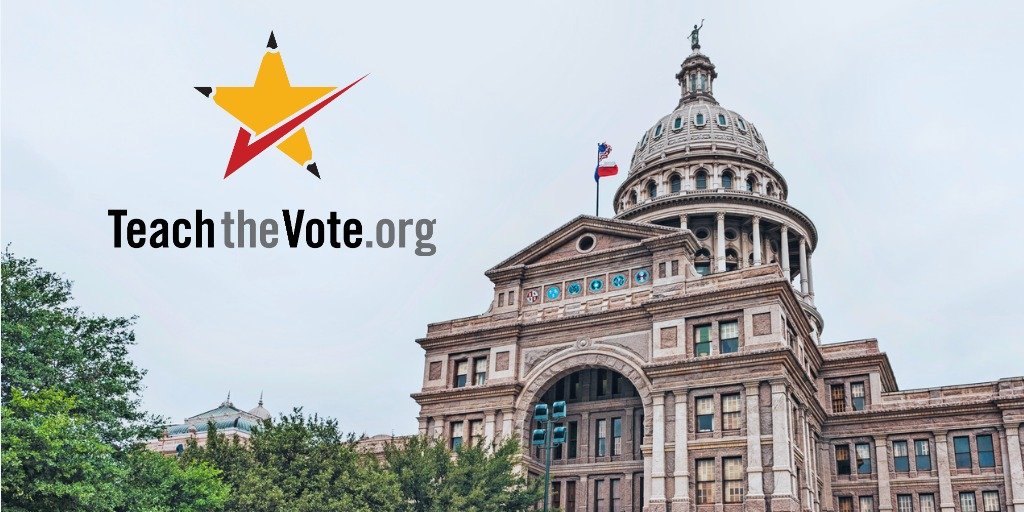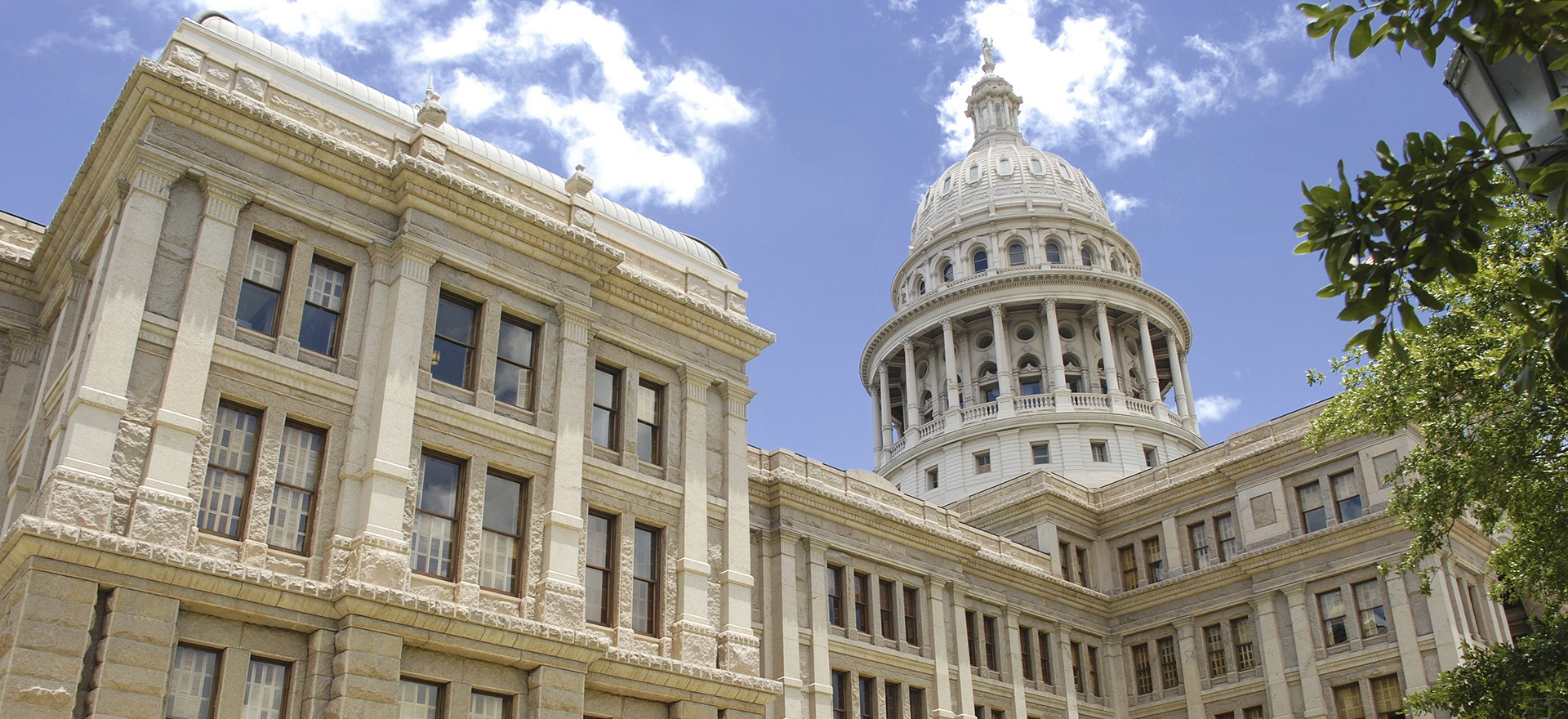Virtual charter school students experienced learning loss, study shows

COVID-19 Deregulation | Charter Schools
Date Posted: 6/03/2020 | Author: Andrea Chevalier

Virtual schooling is in the spotlight right now, especially with many parents considering how to approach returning to school this fall in the wake of the coronavirus pandemic. For this reason, we took note of a recent study published in the prestigious, peer-reviewed journal Educational Researcher, which found a significant decline in achievement for Indiana students who switched to a virtual charter school. The virtual setting's impact on the students' achievement in math and English language arts (ELA), compared to that of their traditional public school peers, was "uniformly and profoundly negative," according to the study's authors.
The Indiana study showed that students in grades 3-8 who switched from a traditional setting to a full-time virtual setting experienced an 11 percentile point loss in ELA and 16 percentile point loss in math on annual assessments when compared to their peers who stayed in the in-person setting, even controlling for factors such as race, sex, poverty, achievement, and teacher and classroom characteristics. Other studies outside of Indiana have found similar results. The study authors conclusion suggests that parents who choose this type of virtual option may be putting their children at a severe disadvantage when it comes to learning.
Why might this learning loss occur in students attending virtual schools? The researchers note that the virtual schools in the Indiana study had an average class size of 100 students, which is about four to five times greater than the acceptable class-size limits fought for by education advocates such as ATPE. Additionally, virtual schools often use for-profit vendors, aiming to capitalize on the need for children to learn, to deliver the school's educational content. Unfortunately, profit-oriented behaviors never seem to play out well in the public education field because it is difficult to cut corners in an industry that thrives on human relationships. In fact, the integral nature of relationships to teaching and learning has become even more apparent during the pandemic, as both teachers and students have resorted to parades, sidewalk chats, yard signs, driveway lessons, personal mail, and other methods of interacting when virtual classrooms just won't cut it.
In a recent blog post, the authors of the study wrote that virtual charter schools are "ill-equipped" to expand their presence and enrollment during the COVID-19 pandemic. They recommend that policymakers focus on greater accountability and oversight for these schools. ATPE has also long fought for greater accountability and oversight in numerous debates over full-time virtual programs, whether such a program enrolls students through a charter school or a school district.
Here in Texas, after the pandemic began, Republican members of the Senate Education Committee asked the Texas Education Agency to consider expanding virtual school options in Texas, despite the negative data showing virtual schools do not perform as well as their brick-and-mortar counterparts. The Coalition for Public Schools, of which ATPE is a member, responded by sending a letter in early May to Texas Commissioner of Education Mike Morath to explain why such an expansion would not benefit Texas families. ATPE will be weighing in as developments unfold with regard to virtual schooling amid the pandemic, such as potential efforts to expand virtual or private schooling options using federal emergency dollars as touted by U.S. Secretary of Education Betsy DeVos. Stay tuned to the Teach the Vote blog and Twitter for updates.
CONVERSATION
RECOMMENDED FOR YOU

Congress | Federal, COVID-19, Curriculum | Instruction, Educator Compensation | Benefits, Educator Preparation | Certification, Elections, School Finance, School Safety, Testing | Accountability, Texas Legislature
08/04/2023
Teach the Vote’s Week in Review: Aug. 4, 2023
ATPE weighs in on current political climate for education in Houston Chronicle story—plus, a look at federal ed prep and special education developments.

12/18/2025
Gov. Abbott’s property tax promise and the split in the Texas GOP
Property taxes aren’t just a political talking point. They’re the main revenue source for vital local services, including police, fire, and public education.

12/12/2025
Dec. 8 filing deadline sets the stage for 2026 elections
Now’s the time to confirm your voter registration and update it if necessary.

